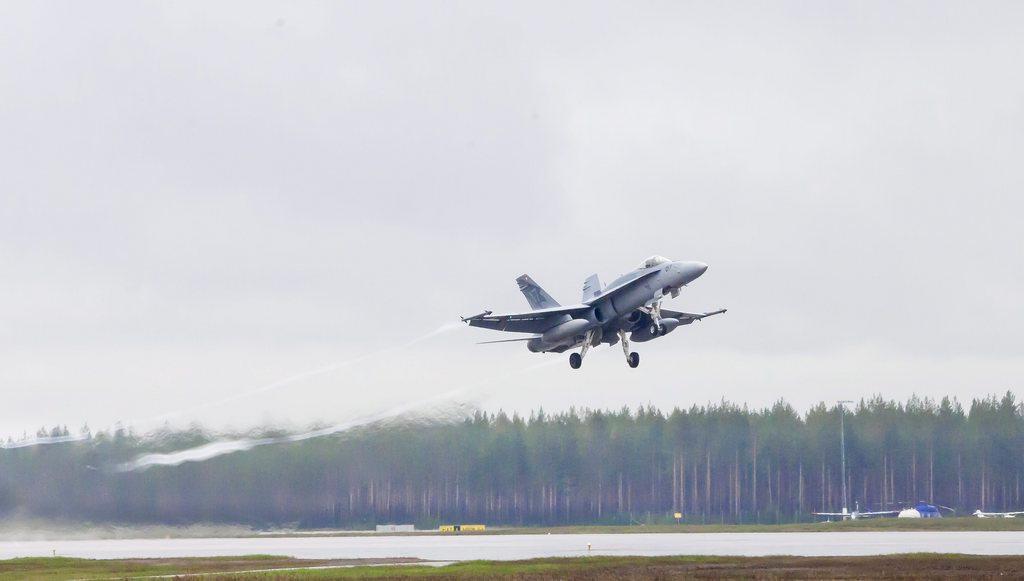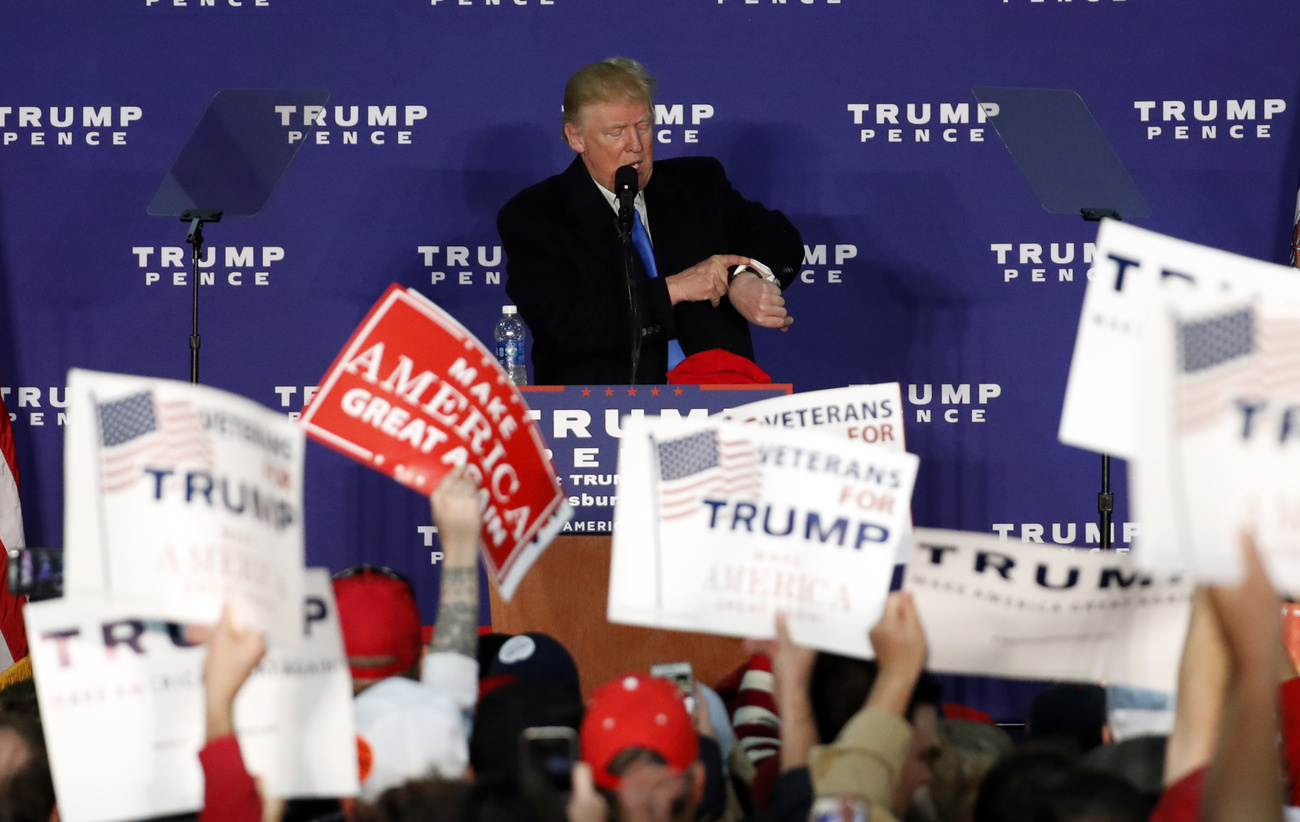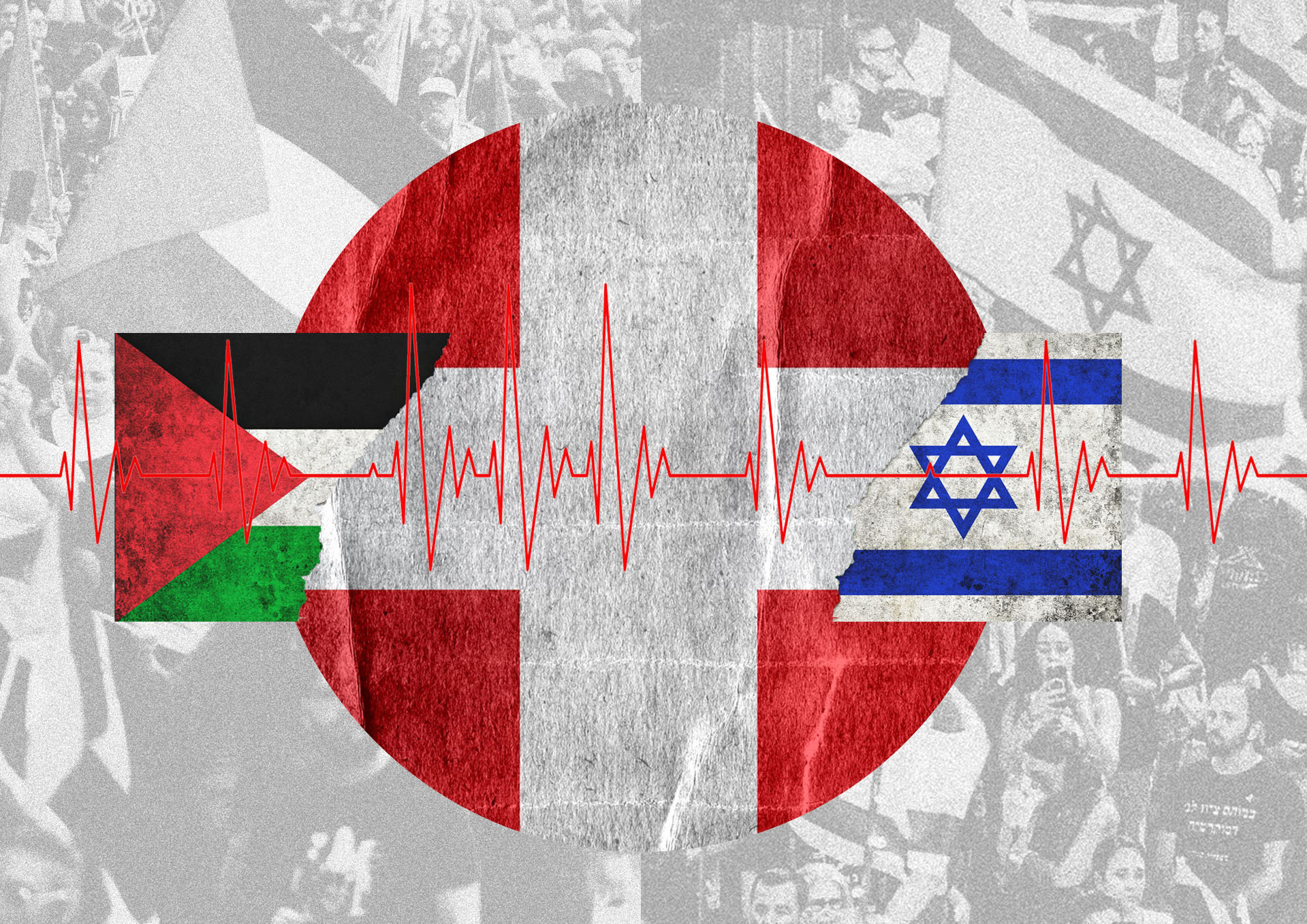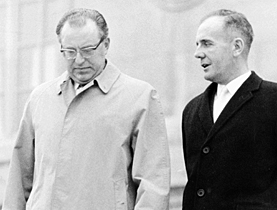
Report faults foreign policy on military training and armaments

A critical parliamentary report calls on the cabinet to improve how the Swiss cooperate with other nations when it comes to training soldiers and sharing weaponry.
The Senate report published on Friday cites a need for greater clarity and transparency in the government’s approach to international cooperation on military training and armaments.
Lawmakers requested the report in January 2013 because of the rising number of agreements for the Swiss military to cooperate and train with foreign armies – and because of criticism of some of those agreements, the report notes.
It says there are 16 such agreements in the area of military education and another 15 dealing with armaments. For example, they allow the Swiss air force to fly training maneuvers with other nations’ jets or to exchange weapons for clothing.
In particular, the report points to the stinging criticism in the news media over the attempted purchase of Swedish Gripen fighter jets for Switzerland’s air force and the postponed Swiss offer of alpine training for Russian soldiers.
Voters last year rejected the proposed CHF3.1 billion ($3.5 billion) purchase of 22 JAS-39 Gripen fighter jets by the Swedish Saab company, the first major defeat for the Swiss government in a ballot on military matters in 20 years.
Military training lacks transparency
In addition, the defence ministry said last year that it had “indefinitely” postponed mountain courses at the Swiss army’s advanced training centre in Andermatt for 42 Russian soldiers. The reason cited was a need to show restraint as a neutral country amid an ongoing crisis in the Crimea region. The Swiss, however, had signed a 2011 military cooperation agreement with such courses in mind.
The cabinet has been actively seeking such opportunities to cooperate with other armed forces and “to acquire new knowledge or to perform exercises and tests that cannot take place in Switzerland”, the report notes.
Based on an analysis of Swiss agreements with other countries, some of which are classified as secret, the report concludes there are “various flaws in the system of international cooperation in the field of military training and armament”.
“The situation is particularly worrying in the area of armament,” it says, because of problems and risks in strategy, lack of transparency and legal questions.
The report calls for the Federal Armament Office, known as Armasuisse, to take better account of policy by consulting more with the foreign ministry, and for the cabinet to recommend further improvements by January 15, 2016.

In compliance with the JTI standards
More: SWI swissinfo.ch certified by the Journalism Trust Initiative










































You can find an overview of ongoing debates with our journalists here . Please join us!
If you want to start a conversation about a topic raised in this article or want to report factual errors, email us at english@swissinfo.ch.